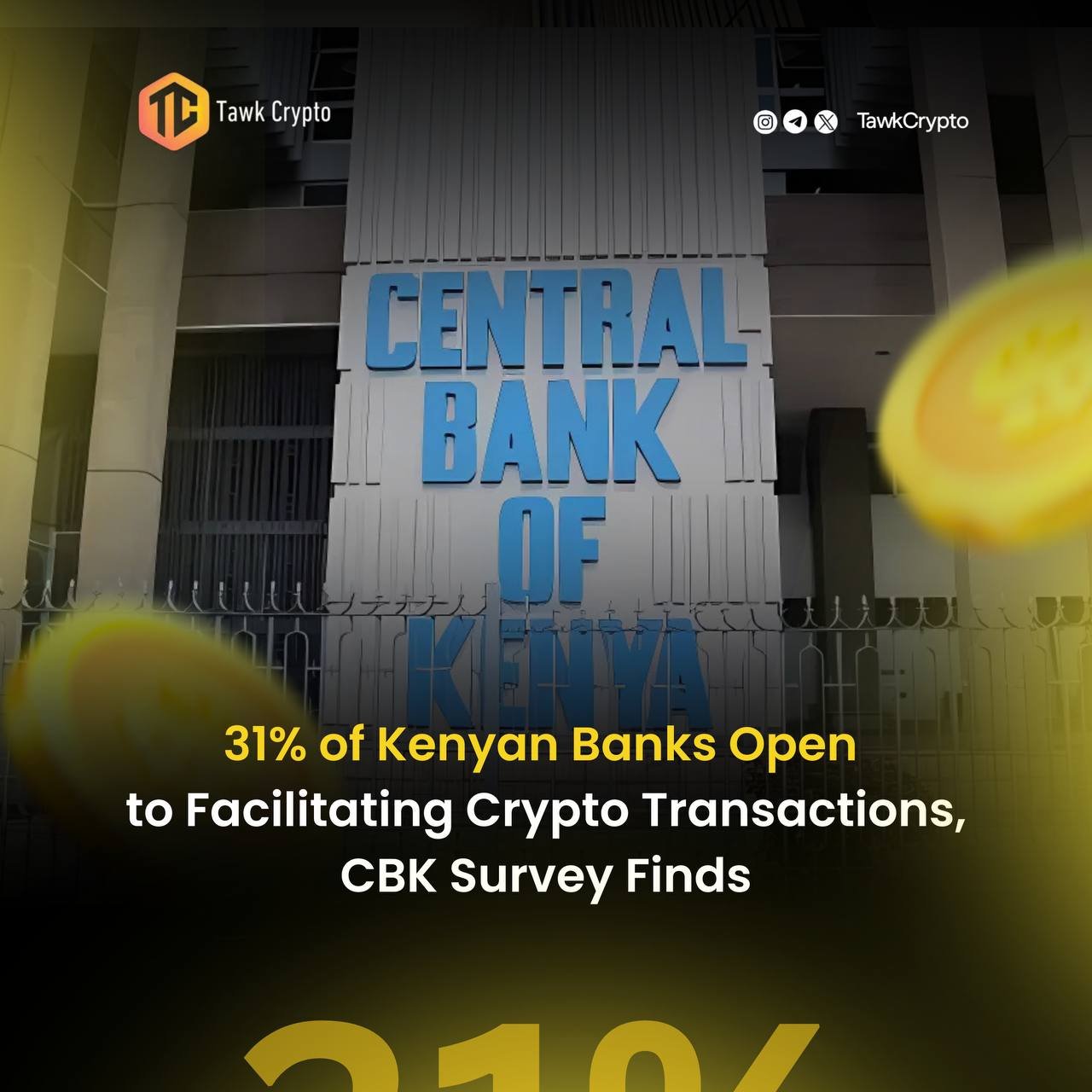

Rwanda Introduces Draft Regulations for Cryptocurrencies, Mandates Licensing for Exchanges
Rwanda has taken a significant step toward regulating its cryptocurrency sector with the introduction of a draft law that mandates virtual asset service providers (VASPs) to apply for operating licenses or face prosecution. The move, led by the country’s Capital Markets Authority (CMA) and the National Bank of Rwanda (NBR), signals a shift toward formal oversight of the digital asset industry.
Regulatory Framework and Licensing Requirements
The draft regulations, which came into effect on March 3, place virtual assets and VASPs under the regulatory jurisdiction of the CMA. Under the new rules, crypto exchanges, wallet providers, and other VASPs must secure a license from the CMA to continue operations legally within the country.
The authorities have called on the public to submit comments on the proposed law before March 14, ahead of a scheduled virtual consultation meeting on March 17. This period allows industry stakeholders and the public to weigh in on the proposed regulations before they are formally adopted.
Crypto Ban Still in Effect
Despite the regulatory framework taking shape, cryptocurrencies remain prohibited as legal tender in Rwanda. The new law explicitly bans:
- Crypto mining activities
- Crypto automated teller machines (ATMs)
- VASPs offering mixing or anonymizing services
However, the draft does establish guidelines for initial coin offerings (ICOs), tokenized real-world assets, and stablecoins, indicating a level of openness to digital asset innovations under proper oversight.
Additionally, licensed VASPs will be required to enforce the Financial Action Task Force (FATF) travel rule, which mandates crypto platforms to collect and share information on individuals involved in cryptocurrency transactions. This measure aims to mitigate the risks of illicit financial activities such as money laundering and terrorism financing.
Penalties for Non-Compliance
The regulatory framework introduces stringent penalties for unlicensed operators. Any entity operating as a VASP without proper authorization risks fines of up to 30 million Rwandan francs (approximately $21,000) and potential jail terms of up to five years.
Authorities Weigh In on Crypto Risks
Carine Twiringiyimana, the CMA’s Licensing and Approvals Manager, emphasized that the introduction of these regulations is in response to concerns raised by the FATF regarding the risks associated with cryptocurrencies.
“A key concern raised by the Financial Action Task Force is that virtual assets can be used as a channel for money laundering. That’s why these regulations are being introduced to mitigate such risks while also providing clear guidance to the public and virtual asset service providers,” Twiringiyimana stated.
Background and Preceding Developments
Prior to this development, cryptocurrencies in Rwanda remained unregulated, with authorities maintaining a ban on their use in transactions. The country has previously taken enforcement actions against unauthorized crypto activities. In 2023, the Rwandan Investigative Bureau (RIB) arrested and prosecuted a finance executive for engaging in illegal currency sales, money laundering, and fraud linked to cryptocurrency transactions.
Last year, NBR Governor John Rwangombwa hinted at the upcoming regulatory shift, revealing that the bank was working on a framework for digital assets, which was expected to roll out in early 2024. He acknowledged that while Rwanda was not looking to ban cryptocurrencies outright, the aim was to regulate their use to ensure financial stability and compliance with global anti-money laundering standards.
What This Means for the Rwandan Crypto Industry
The introduction of this regulatory framework could mark a turning point for Rwanda’s digital asset ecosystem. By implementing clear licensing requirements, the country is aligning with global regulatory trends while seeking to control illicit activities linked to cryptocurrencies.
However, the ongoing prohibition on crypto payments and mining suggests that Rwanda remains cautious about embracing digital currencies fully. The consultation period and subsequent discussions will likely determine whether the final regulations lean toward fostering innovation or imposing stricter restrictions on the industry.
For crypto businesses and investors looking to operate in Rwanda, securing compliance with the new rules will be essential to avoid legal repercussions. The coming weeks will reveal how industry players respond to these changes and whether adjustments will be made to the draft before full implementation.
Read also: A Look at the State of Crypto Regulation Across Africa in 2024







